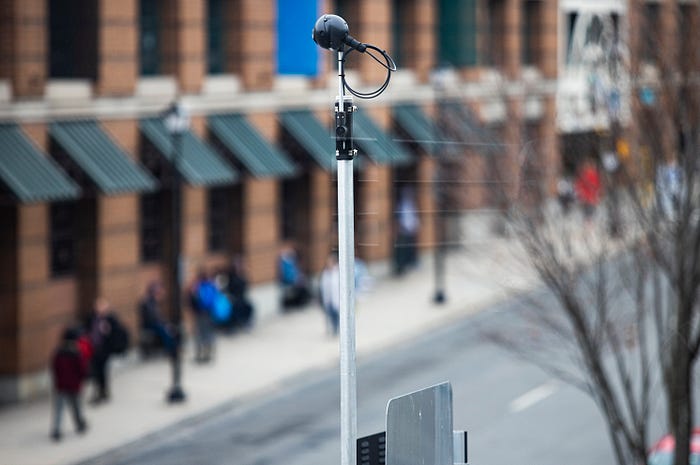Member-only story
Portland Passes Groundbreaking Ban on Facial Recognition in Stores, Banks, Restaurants and More
Historic legislation makes Portland a leader in a nationwide trend to regulate facial recognition technology.

Amid sometimes violent protests and counter-protests around racial justice, today Portland, Oregon legislators unanimously passed groundbreaking new legislation to ban the use of facial recognition technology, which some see as a victory for civil rights and digital justice. The ban covers use of the technology in both privately owned places as well as by city agencies.
“I believe what we’re passing is model legislation that the rest of the country will be emulating as soon as we have completed our work here,” said Portland City Council Commissioner Jo Ann Hardesty during today’s city council session. “This is really about making sure that we are prioritizing our most vulnerable community members and community members of color.” Hardesty has been a vocal advocate for a facial recognition ban in the city for over a year.
Established as two pieces of companion legislation, one ordinance makes Portland the first U.S. city to prohibit use of facial recognition technologies inside privately owned places accessible to the public, such as stores, banks, Airbnb rentals, restaurants, entertainment venues, public transit stations, homeless shelters, senior centers, law and doctors’ offices, and a variety of other businesses.
“I believe what we’re passing is model legislation that the rest of the country will be emulating as soon as we have completed our work here.”
This new law also gives people the right to sue and win damages for the unlawful use of facial recognition, one of many components of the legislation that prompted opposition from business groups. It lets people sue noncompliant private entities for $1,000 per day for each day of violation or for damages sustained as a result of the violation, whichever is greater.

